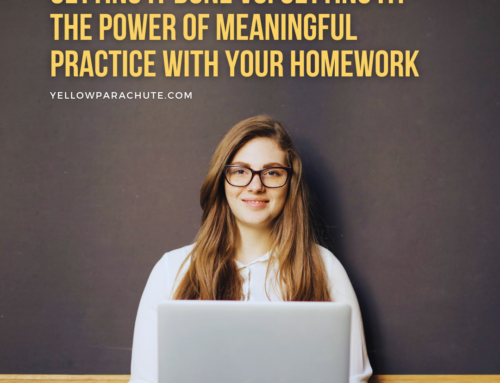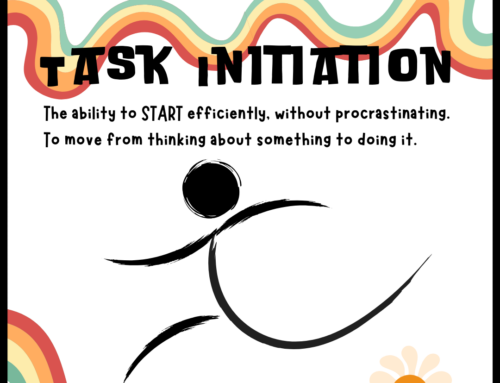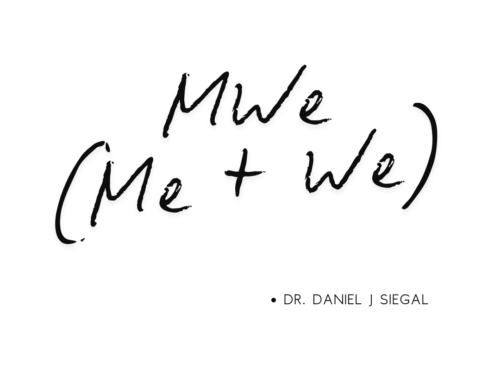20 years ago, I had a big list of ideas and a whole lot of ambition. I knew that I wanted to help students transform into learners, no matter their barriers. I also knew that I had a passion for teaching as well as a knack for education innovation.
So I decided to start my own for-profit business.
At the time, I didn’t know that most small businesses fail in the first 5 years (I learned that fact in year 10). I also didn’t know that this business—which began from my dreams and goals—would drive me to the brink of quitting. At my worst moments, I was stuck in a “who am I” loop, trying to explain to my goals to others. I felt like I was the only for-profit business that wanted to do more than simply maximize profits.
Turns out, I wasn’t alone.
In these moments I spent on the brink of failure, I learned the importance of finding your people. I turned to books and friends. I prayed.
Eventually, I came across the writing of Daniel Pink who describes a different type of entrepreneurs called purpose maximizers: We believe that humans are here to “maximize purpose”, not profits. Our tribe is not so interested in the familiar principals of a for-profit business—instead, we’re far more holistic. We want to make money, yes, but we also want to make an impact. It was then that my world began to make sense. I became acquainted with business models like TOMS, Passion Planner, Athleta, and Finley’s Barkery. I knew then that businesses like mine could thrive.
I tell this story for a couple of reasons.
First, to explain how YP’s mission statement is baked into our DNA. I know from experience that your purpose can be discovered by listening to your gifts and passions; the best way you can make an impact is by celebrating who you are.
Second, the journey to finding our purpose starts here. The richest experiences in our lives aren’t when we’re clamoring for validation from others but when we’re listening to our own voice—doing something that matters, doing it well, and doing it in the service of a greater cause. The first step is finding your people. I began by assessing my passions and then sharing those passions with others, no matter how hard it was.
So, to the young people: start the journey now. Parents and caregivers: encourage your kiddos to do hard things. Science shows that high performance is linked to our deep-seated desire to direct our own lives, to extend and expand our capabilities and to make a contribution.
Research on college graduates shows that who aspire to meaningful work are less anxious, more productive, and find deeper satisfaction in their careers.
Let’s start that work now. And, please, let’s connect if you need a hand.







